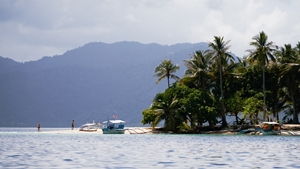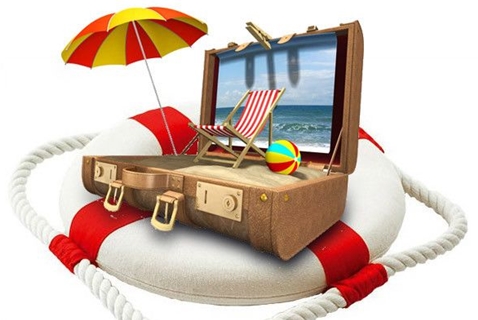Even if a tourist does not need a visa to visit the Republic of the Philippines, the migration police will ask for a return ticket and medical insurance.
Health insurance in the Philippines
The Philippines is a relatively safe country to visit if you use common sense and stay out of situations that you would avoid in any other country. But, whether it’s an accident or a medical need, you may need a doctor.
Well-equipped clinics are located only in big cities.
The climate of the Philippines can be unfamiliar for a tourist. High humidity combined with high temperatures can exacerbate chronic diseases, especially in the broncho-pulmonary system, and well-equipped clinics are located only in big cities. Contact any medical institution in the Philippines – public or private hospitals will help you. But if you do not have an insurance policy, you will have to pay for the services offered according to the tariffs of this medical institution:

- To call a doctor at home – $ 80.
- A session in a pressure chamber for divers – from $600 per session.
- Delivery of the victim to the hospital – from $ 25 (depending on the distance).
- A day in the hospital – from $200 to $2000 (depending on the range of services provided).
The insurance company will cover all necessary treatment and medications if you have medical insurance.
The provided insurance policy must meet the following requirements
- cover the entire period of the tourist’s stay in the Philippines;
- the minimum amount of insurance Covid-19 coverage must be 35,000 euros;
- there should not be a deductible in the policy. It is recommended to make insurance no later than five days before departure.
The insurance policy must cover the following risks
- payment for ambulance services; inpatient and outpatient treatment; delivery of the Insured to a suitable hospital;
- transportation of the Insured Transport within the amount of insurance coverage;
- reimbursement of expenses for the purchase of necessary medicines and emergency surgery;
- repatriation of remains or bodies.
If an insured event occurs

Contact the assistance company and provide detailed information about the insured event: the causes and symptoms of the disease. Be sure to inform about contraindications and allergic reactions to drugs.
If possible, duplicate your appeal by e-mail specified in the policy. At the time of the request, you need to name: the full name of the insured, the number of the insurance policy and the name of the company, the exact location of the insured, and the phone number for feedback.
The representative of the assistance company will inform you about the medical institutions with which a cooperation agreement has been concluded. If you need to go to a hospital, you will have the address of the nearest facility.
Suppose the medical institution is far from the location of the Insured. In that case, you need to clarify what transport can be used to deliver him to the hospital (whether the insurance company will pay for the trip). Keep all documents supporting your expenses for transportation to the medical facility. The papers should indicate the route (if possible) and the cost of the trip.
Coordinating all medical services with the assistance company is advisable, and not paying for any other services on your own.
Keep all documents confirming the expenses for the purchase of medicines. If the drug you bought does not match the name in the doctor’s prescription, ask the pharmacy to indicate which drug from the medication is the analog of the purchased drug.
Emergency phone numbers

- Tourist police – 116
- Ambulance, police, fire department in Manila – 117
- Ambulance, police, and fire service in the rest of the country – 166 (may not be available in some rural areas)
- Free medical care in the Philippines can be obtained by contacting one of the many Red Cross offices or by calling +63 2 527 0000

